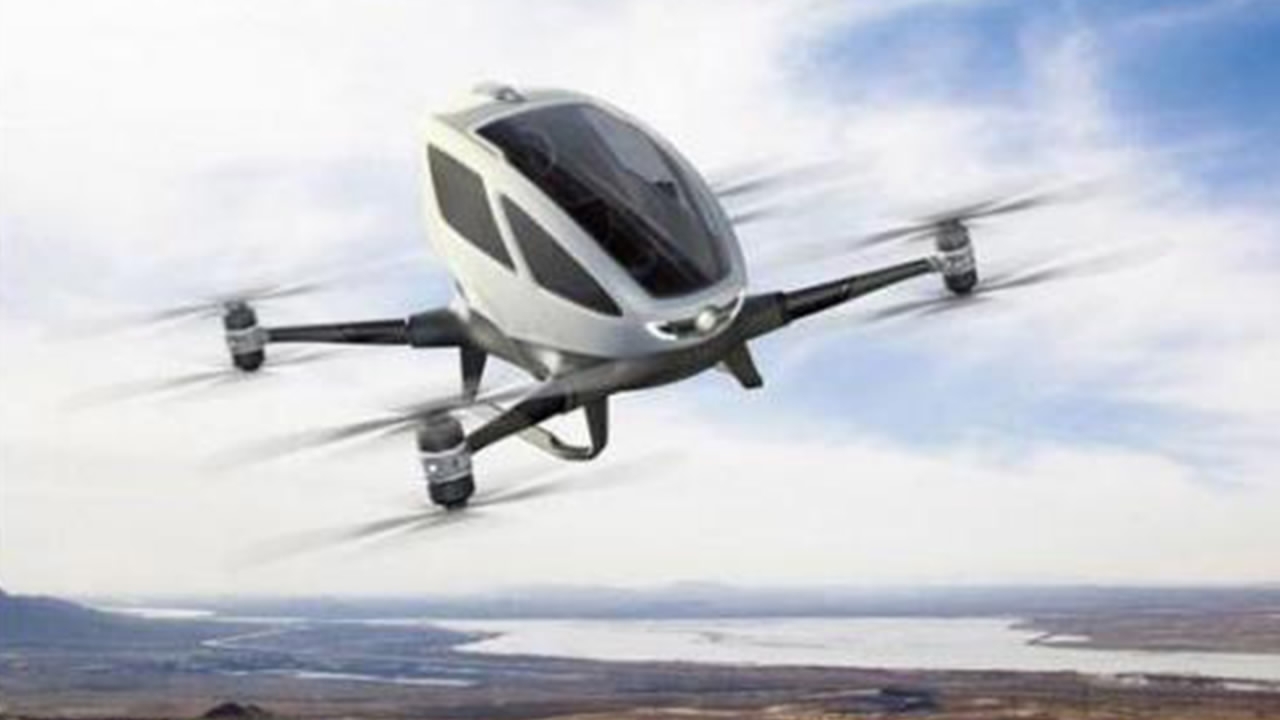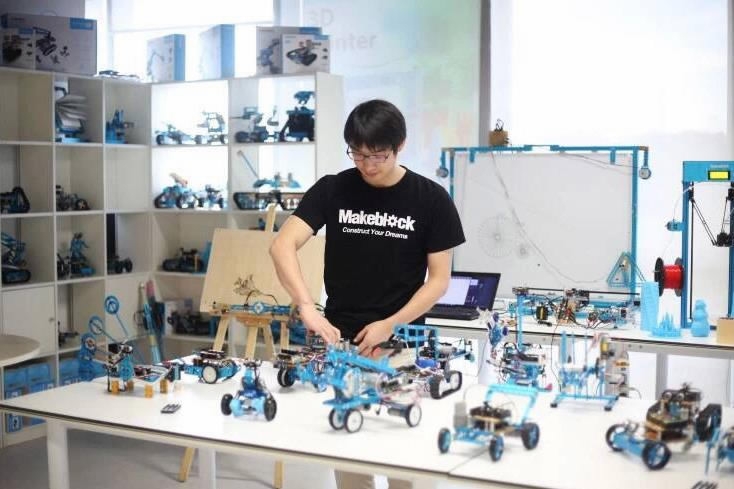
Tech & Sci
18:39, 10-Mar-2018
Tech startups in southern China pave the way for innovation-driven economy
By Ge Yunfei

China aims to build an innovation-driven economy that puts quality over pace.
It's a vision that is gradually becoming reality, with the help of tech companies specializing in new industries, from genomics to robotics.
Beijing Genomics Institute (BGI), headquartered in the southern tech hub Shenzhen, is the world’s largest center for genomics, the science of mapping and editing genomes.

BGI is the world’s largest center for genomics, the science of mapping and editing genomes. /CGTN Photo
BGI is the world’s largest center for genomics, the science of mapping and editing genomes. /CGTN Photo
The institute provides over half of the world’s genomic data and research output, more than the total of Britain and the US – the two other leading countries in the field.
“In 1999, China had little knowledge of this sector. We had to follow in the footsteps of other countries,” said Du Yutao, vice president of BGI Genomics. “But we gradually caught up, and now China is definitely a pioneer in genomics research.”
In Guangzhou, another southern city, young engineers are trying to make the biggest change to the aviation industry since the era of the Wright Brothers.
The world’s first passenger drone, the Ehang 184, made its first public flight in February.
All passengers need to do is to get into the small cabin and fasten their seatbelts. The automated flight system takes over from there.
“Traditional flying vehicles cannot achieve the goal of fully autonomous flying, so it’s still far from being used in daily commuting. But today’s flight means the scenes that we used to see only in sci-fi movies are now very close to ordinary people,” said Hu Huazhi, CEO of the drone maker Ehang.
The drone vehicle runs on electric batteries, which can carry one person weighing up to 100kgs at a time. The drone can cruise at an altitude of 500m, fly at a maximum speed of 100km/h, and run up to 64km on a single charge.
For startup entrepreneurs, China now offers better opportunities to turn innovative ideas into reality, especially in hardware-related industries.

Wang Jianjun, who runs a global leading robotic education in Shenzhen. /CGTN Photo
Wang Jianjun, who runs a global leading robotic education in Shenzhen. /CGTN Photo
Wang Jianjun now runs a global leading robotic education in Shenzhen. He told CGTN that in the previous era of Internet start-ups, Silicon Valley was the leader as many Chinese companies modeled their businesses after their Silicon Valley counterparts. But in the next era of hardware, China could be the front-runner.
“We're working on a new type of education using robotics. We’ve been the global leader from the beginning, because China has the advantage of owning the world’s most comprehensive supply chain. This is vital for hardware start-ups,” Wang said.
The brightest star in this wave of hardware startups, Shenzhen’s DJI is the world’s largest drone maker.
Its president Roger Luo believes that if China wants to go further, it has to invest more in something basic.
"Nowadays, China’s e-commerce and online payment industries play a vital role in the world. In these areas, Chinese companies are as good as their American counterparts. But I think China needs to invest more in basic science education. It is the key for China to go further and achieve more in the future.”
At this year’s National People’s Congress, China vowed yet again to build an innovation-driven economy. Step by step, the country is turning words into reality.

SITEMAP
Copyright © 2018 CGTN. Beijing ICP prepared NO.16065310-3
Copyright © 2018 CGTN. Beijing ICP prepared NO.16065310-3